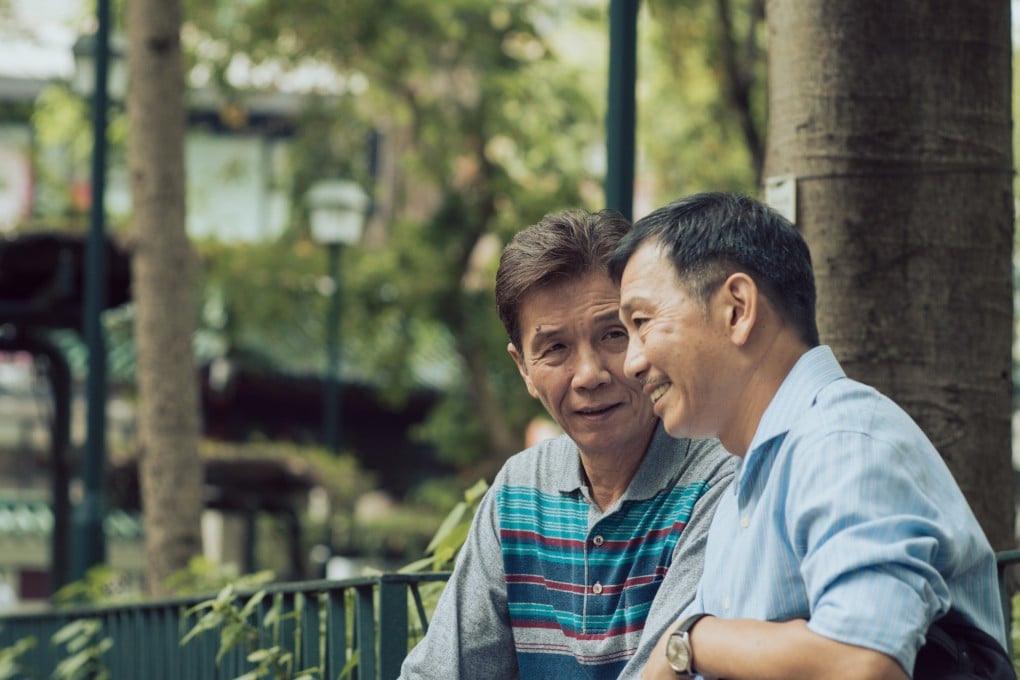Review | Suk Suk film review: award-winning Hong Kong gay romance follows the twilight affair of two closeted family men
- This story of two elderly men who find love after meeting in a neighbourhood park is quietly poignant
- With sensitive direction and subtle, genuine acting, it is an insightful portrait of homosexuality in traditional Chinese society

3.5/5 stars
In Suk Suk, two closeted gay men on the verge of their twilight years cross paths and start a clandestine extramarital affair behind the backs of their conservative families – with quietly poignant results. Inspired by the 2014 non-fiction book Oral History of Older Gay Men in Hong Kong, this gentle and melancholic romance drama is the Chinese-language debut, and third feature overall, of writer-director Ray Yeung ( Front Cover ).
Tai Bo plays Pak, a 70-year-old taxi driver with a privately suffering wife, Ching (Au), and two grown-up children. Pak enjoys picking up his granddaughter from school, and often shares his wife’s concern about the fortunes of his unmarried daughter, Fong (Wong Hiu-yee). And then his everyday life becomes alternately exciting and tortuous when he decides to finally explore his long-concealed homosexuality.
In a neighbourhood park, Pak meets his great love in Hoi (Ben Yuen Fu-wah from transgender drama Tracey ), a retired divorcee who has been converted to Christianity by his devout married son, Wan (Lo Chun-yip). Despite experiencing relief at finding peace with his sexuality, Pak, bound by family obligations and traditional values, is tacitly aware that this fleeting romance involving two grandfathers is not meant to last.